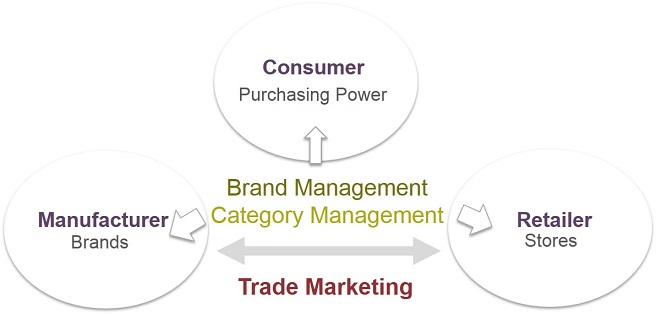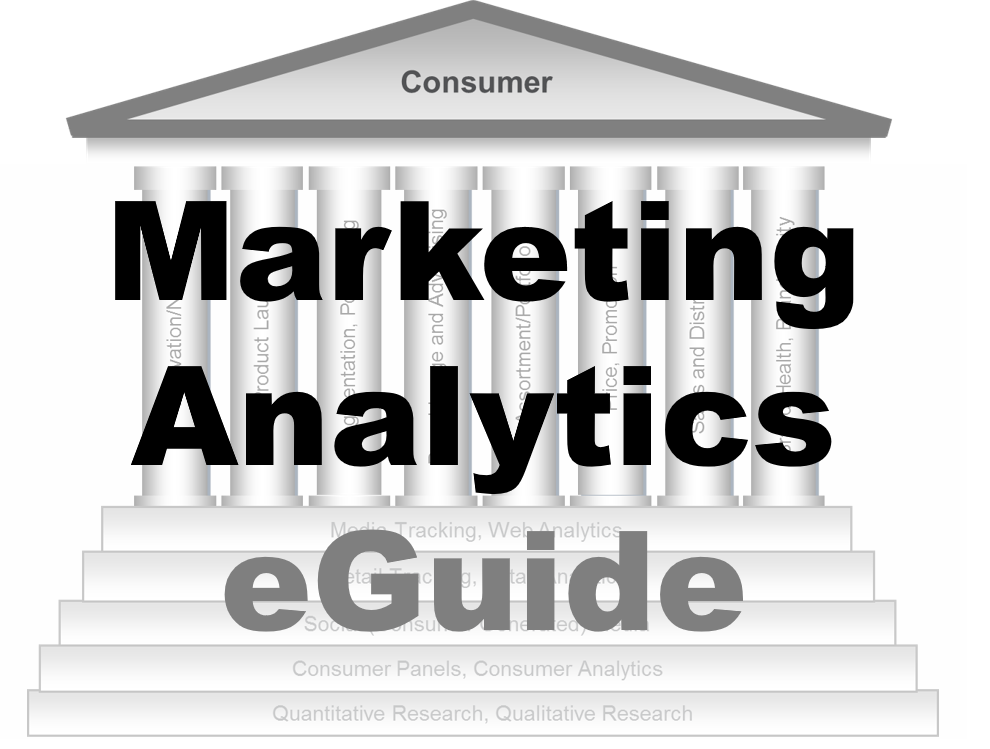Destiny Marketing Simulator
Manufacturers and Retailers — Experiential Learning programme in consumer marketing.
Destiny - Trade Negotiations
Video Trade Negotiations.
Negotiation is one of the most important skills that you need to develop as a leader. In business context, it is essentially a dialogue intended to reach an outcome that benefits the business partners. And because negotiators are often competing for profits or the value they can derive through collaboration, negotiations can be challenging and stressful. This is particularly true if the stakes are high, and you lack leverage.
The Destiny simulation provides a framework for practicing negotiations in the context of retailers and manufacturers in the fast moving consumer goods (FMCG) sector. More than a negotiations training platform, Destiny is a highly advanced FMCG (CPG) business simulator offering a holistic learning experience for marketing and retailing professionals. Pitted against one another, participants learn to implement effective marketing and business strategies, and develop an understanding of what drives store choice and brand choice. They become proficient in the use of market knowledge and financial data for day-to-day business decisions, acquire a deeper understanding of supplier-retailer relationships, and refine their negotiation skills.
In consumer markets, trade relations are key to success. Retailers and manufacturers need to collaborate to achieve superior business results.
Manufacturers recognize that increasingly brand choices are made in stores. What is stocked, where, at what price and with what incentives has great influence on the consumers’ buying behaviour and ultimately their choice of brand. Hence the need to collaborate with retailers to strengthen their brands’ in-store presence and boost sales.
Retailers, likewise, rely on the support of manufacturers to achieve their goals. The retailing mix needs to be aligned with category/brand roles and strategies. Traffic builders, profit generators, image enhancers, turf defenders etc. require distinctly different emphasis and execution plans.
When trade partners negotiate, they seek not only to jointly enhance marketplace equity, but also to secure greater profits from the sale of products. The outcome of the negotiation determines the effective margin that the manufacturer and the retailer make on the sale of an item.
The above framework is ideal for trade marketers, category managers, retailers and marketers from consumer markets to hone their negotiations skills. It induces experiential learning in a highly competitive setting that evokes the right ambiance and triggers the emotions that negotiators feel in real negotiations.
This is important because emotions and ambiance are crucial aspects in any negotiation. Without these elements, and without a relatable setting, the training becomes a purely theoretical exercise that does not adequately prepare the participants to cope with the challenges they face in the real world.
Destiny - Trade Agreements
Destiny agreements are full year agreements, negotiated at the start of Year 3 and Year 4, and formalized through annual contracts that are signed off by both parties. These agreements spell out the discounts and incentives that retailer receives in return for bulk purchases, promotions, in-store merchandising, and displays and co-operative advertising:
- Quantity Discount: Reduction in trade price charged by the manufacturer based on annual quantity commitments.
- Co-operative Advertising: Arrangement whereby the manufacturer reimburses the retailer in part for advertising expenditures. Co-op advertisements, placed in conjunction with promotions, help to raise awareness of banner, brand and promotion. They impact on store choice by contributing to the banner’s perception on measures such as ‘attractive promotions’.
- Point of Purchase Displays: Retail chains offer a variety of special in-store displays (categorized in Destiny as small, medium and large) including gondola end displays and block stacks. These displays can powerfully influence purchase behaviour and it is the norm that manufacturers pay fees for the opportunity to display their products
- Promotional Support: This support which usually comes in form of cash transfer is typically linked to promotions. Destiny contracts allow promotional support by manufacturers for price-off promotions and display.
 Trade Marketing
Trade Marketing
 Trade Marketing
Trade Marketing

Manufacturers rely heavily on their trade partners — a brand must first gain and hold distribution before consumers can buy it. To secure their trade partners support in procuring, distributing, promoting and merchandising, manufacturers need to market their products to them. This form of business-to-business marketing where manufacturers seek to grow their business with their retailers, wholesalers and distributors by building value added relationships is of growing importance especially for products where brand choice decisions are increasingly made at point-of-purchase. Trade marketers are devoting considerable time and resource to partner retailers in developing their brands and categories in their stores. This is an ongoing process with long-term commitment that yields business gains for both parties.
Trade marketing requires considerable business acumen as manufacturers and retailers strive to achieve the delicate balance between their shared goals and their distinct individual goals. On one hand these partners work together to enhance marketplace equity, and improve the overall performance and profitability of the category. On the other hand they are engaged in competition for the profit that can be generated from the sale of goods. They rely on different, sometimes conflicting, profit models. Manufacturers seek economies of scale and a return on investment, whereas retailers are interested in economies of scope and return on inventory.
That they share complementary resources and capabilities strengthens their bond and increases the likelihood that both achieve their respective goals. There is the need to ensure that the engagement does not hover solely on negotiating discounts and trading terms, and that attention is devoted to the development of brand loyalty, store loyalty and marketplace equity. To sustain and strengthen the relationship, it is important the partners continuously align and strengthen their mutual self-interests.
The process of category management has become a crucial component of the trade marketing process. It serves to bring manufacturers closer to their business partners in a constructive process that encourages sharing of plans and strategies, synchronizing activities and resources, as they jointly work towards building marketplace equity.
... less




